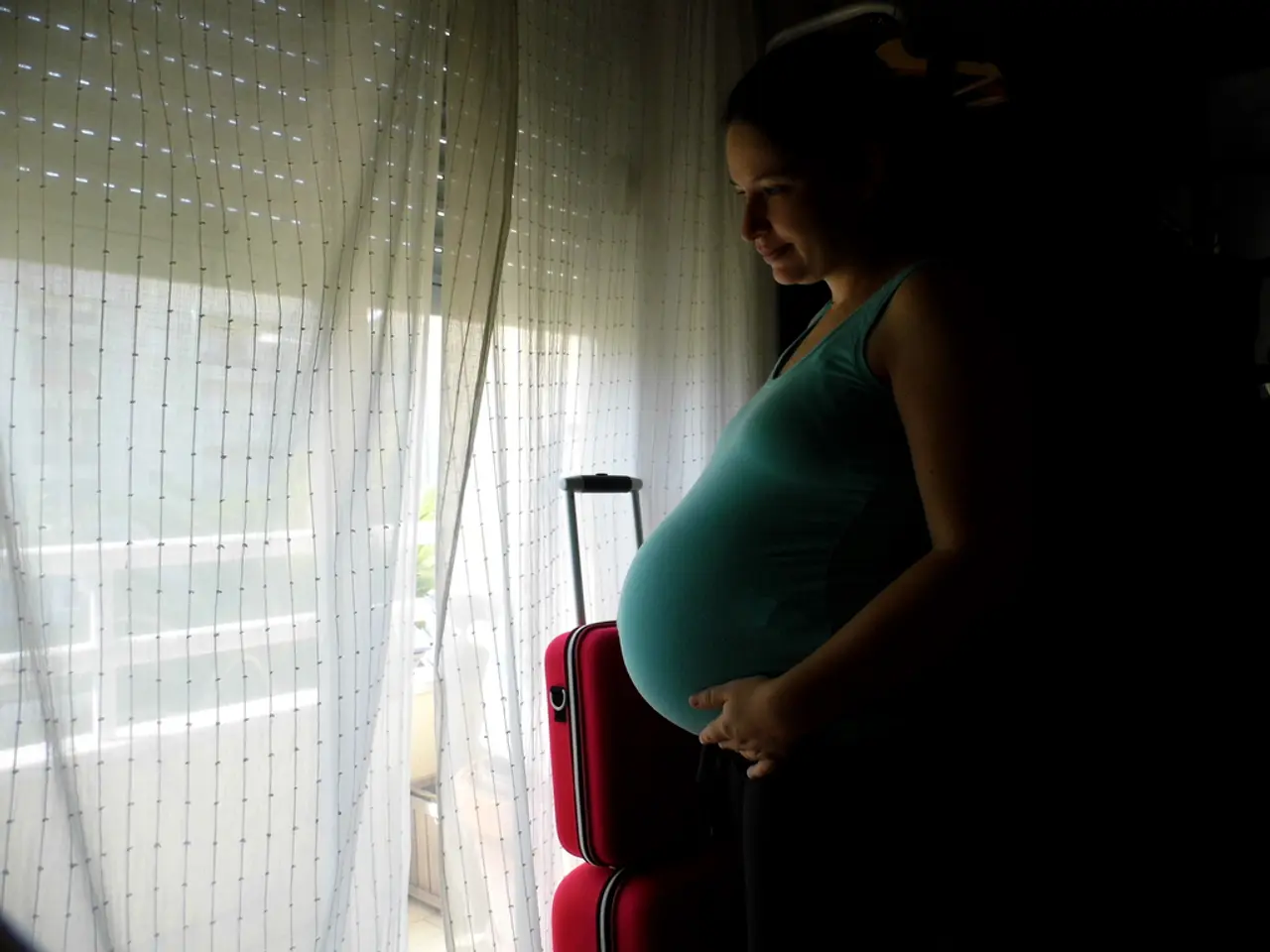Transformative Potential of Legislation: Using Law as a Tool for Advancing Reproductive Freedom
The Sciences Po's Gender Studies Programme and Law School are organizing a Symposium on Reproductive Rights on 6 December 2024, bringing together scholars, legal practitioners, policymakers, and activists from France, Italy, Argentina, Austria, Colombia, and Poland. This event aims to delve into the complexities of reproductive rights across different legal frameworks and their impact on fundamental rights such as bodily autonomy and gender equality.
The symposium will focus on a comparative perspective in law, exploring the evolution of legal norms and their general impact on preserving or limiting fundamental rights. Key discussions will centre on the comparative analysis of national and international legal approaches towards reproductive rights, including abortion laws, contraception access, and sexual health rights.
One of the primary concerns is the influence of legal norms and their enforcement on the realization of reproductive rights as fundamental human rights. This includes examining how these laws intersect with gender equality, privacy, and non-discrimination principles. The symposium will also highlight the role of courts, policy-making, and civil society in shaping and challenging reproductive rights through litigation and advocacy in various jurisdictions.
Cultural, political, and social factors play a significant role in the interpretation and application of reproductive rights law. The symposium will emphasize disparities and challenges in protecting marginalized groups, particularly women and vulnerable groups subject to stigmatization and economic strife.
The global landscape of abortion rights is always evolving, with ongoing developments around the world. For instance, the United States Supreme Court reversed the fundamental right to an abortion in Dobbs v. Jackson Women's Health Organization (2022), leaving the regulation of abortion to individual states. In response, France introduced an amendment to its Constitution in 2024, acknowledging the fact that legislation determines the conditions in which women are free to terminate their pregnancy.
In some countries, there is a strict ban on abortion, while in 77 countries, abortion is allowed upon request. However, institutional guarantees may not be available or constantly contested. The recognition of lofty principles for reproductive rights is not always followed by concrete actions to prevent denial of rights.
The European Parliament adopted a resolution in 2024 to include the right to abortion in the EU Fundamental Rights Charter, but unanimous agreement by all 27 member states is required for it to be legally binding. The symposium aims to facilitate intellectual conversations about local and transnational challenges to women's freedom to control their bodies, providing building blocks for transnational alliances and academic sharing of knowledge.
The symposium's goals include advancing scholarly and policy understanding of reproductive rights within comparative legal frameworks, identifying best practices and challenges in legal protections of reproductive rights across different countries, promoting dialogue among various stakeholders, and exploring the implications of evolving legal norms on the access to and enjoyment of reproductive rights.
The 2024 Sciences Po Symposium on Reproductive Rights will be an invaluable opportunity for participants to engage in thought-provoking discussions about the current state and future of reproductive rights worldwide.
[1] The symposium is being organized by Helena Alviar García and Marie Mercat-Bruns. [2] [3] Further details about the symposium may not be explicitly listed, but these themes align with current international legal scholarship and symposium agendas on reproductive rights that emphasize comparative legal perspectives and fundamental rights impacts. Examples include UC Berkeley Law webinars on reproductive justice and the University of Pretoria’s focus on sexual and reproductive health rights litigation.
- In addition to the discussions on reproductive rights across diverse legal frameworks, the symposium will also address the intersection of these rights with health-and-wellness concerns, particularly focusing on women's health issues.
- The symposium's focus on comparative legal approaches towards reproductive rights extends to discussions on the impact of these laws on science, as advancements in medical technologies continue to contribute to the evolution of reproductive rights and their implications.




